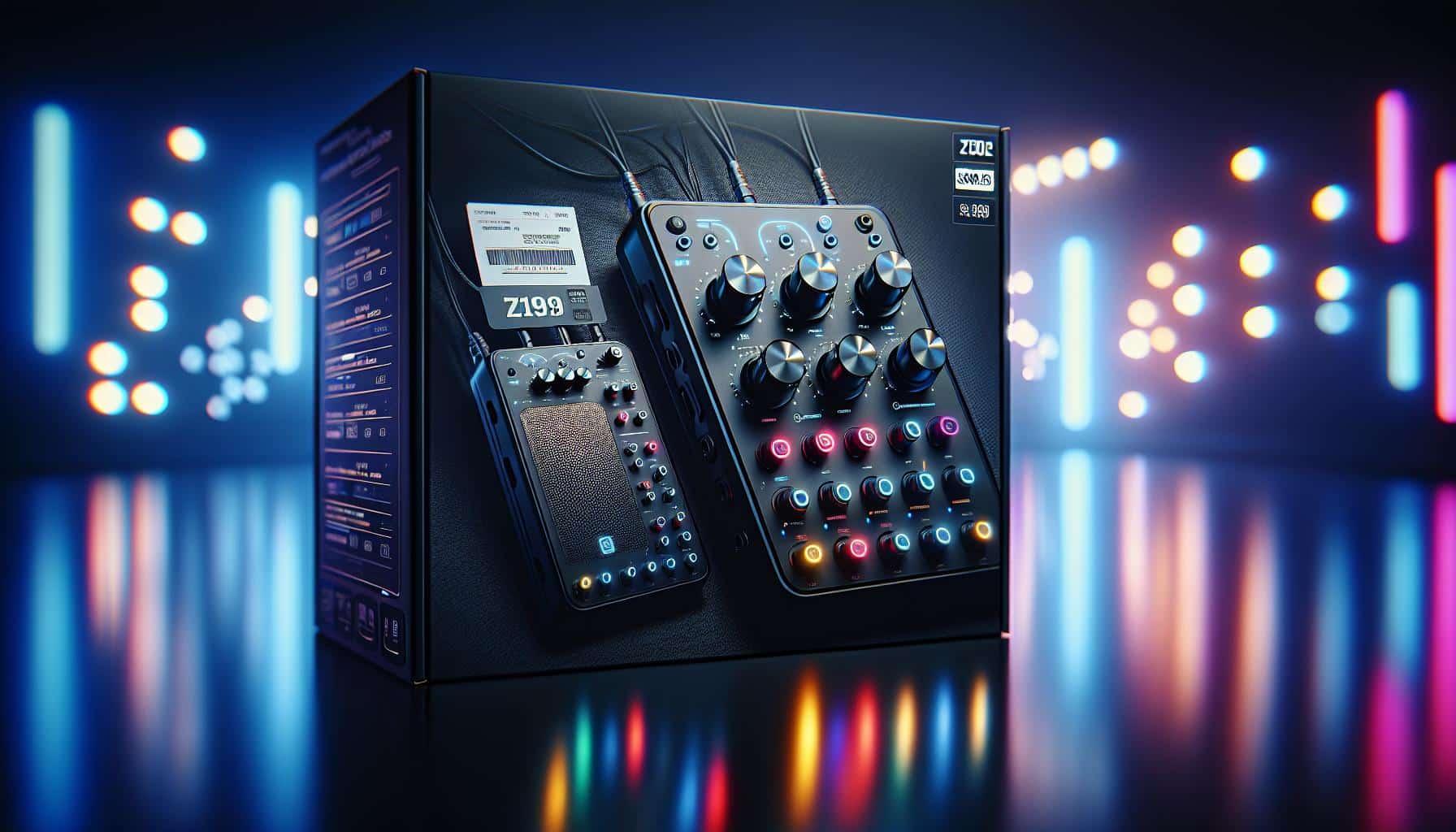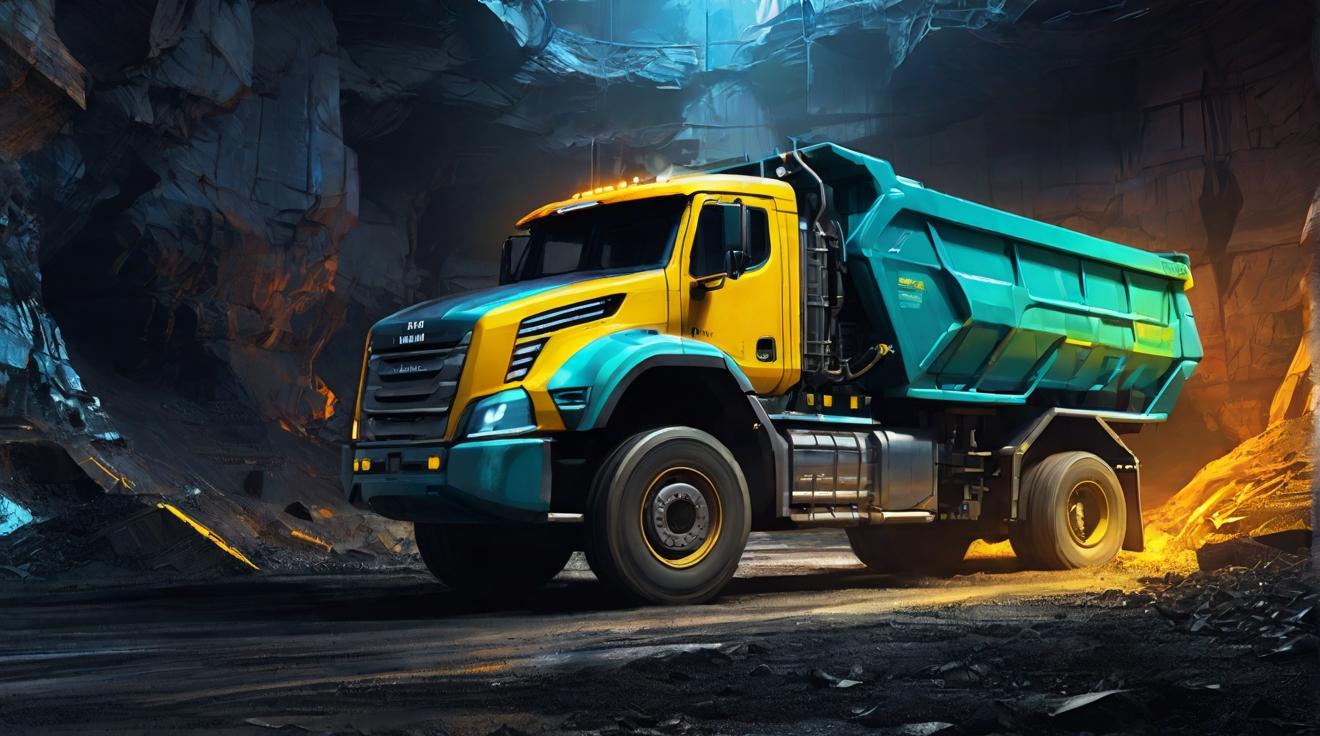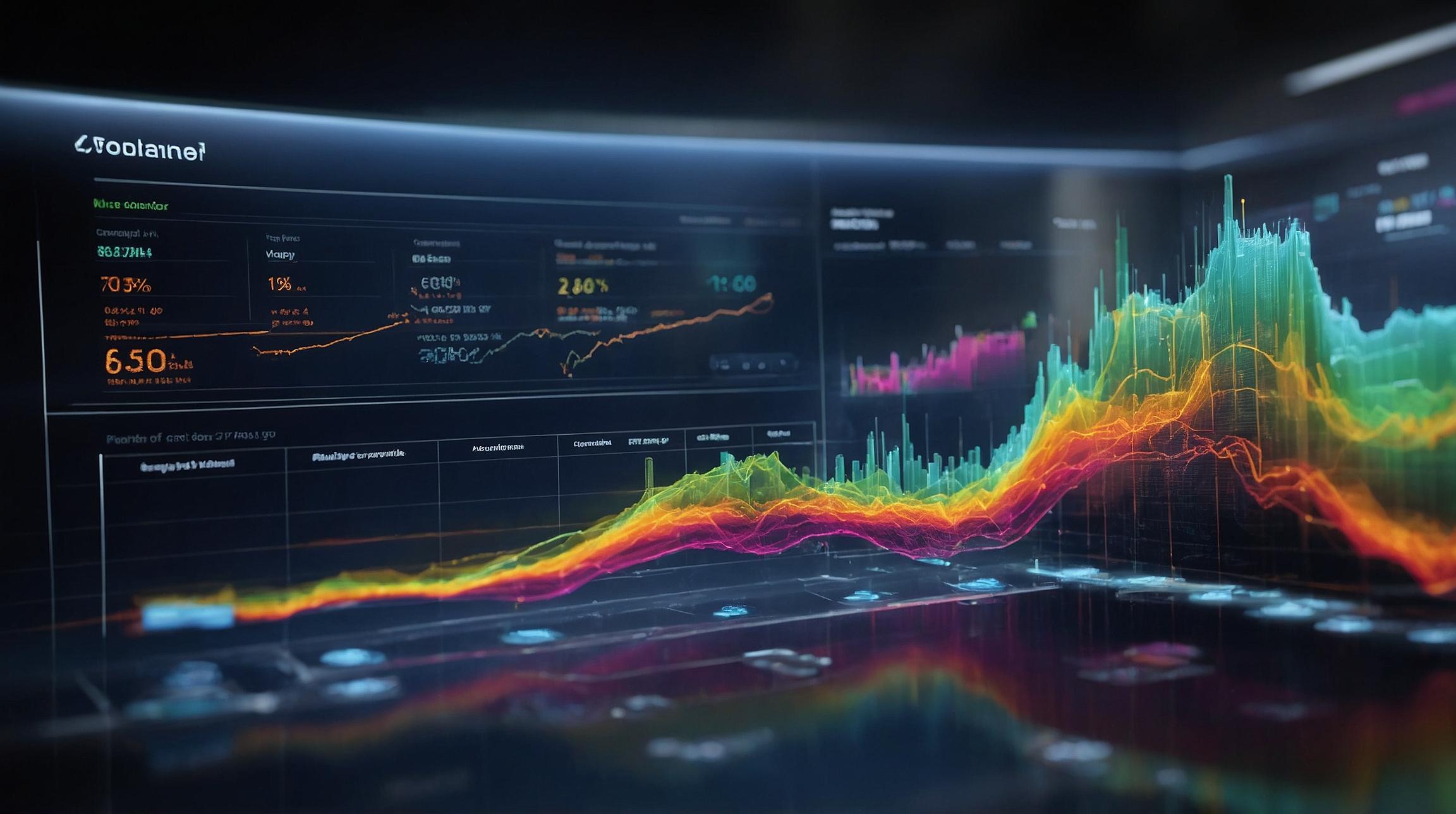The Role of AI in Bitcoin Mining
Artificial Intelligence (AI) is making significant inroads into various industries, and Bitcoin mining is one of them. Bitcoin mining is the process of generating new Bitcoin by solving intricate mathematical problems, and competition in this field is fierce. Miners have started integrating AI into their operations to stay ahead.
This is timely because the recent "Bitcoin halving" event—where mining rewards were halved from 6.25 to 3.125 Bitcoin—has increased the need for efficiency. AI presents a promising avenue to boost profitability and efficiency. Companies like BitDigital, Hive, Hut 8, Terawulf, and Core Scientific are either implementing or planning to implement AI technologies to improve their mining infrastructure.
Misconceptions About AI in Mining
There's a misconception that AI directly solves the mathematical problems in Bitcoin mining. However, as Thomas Chippas, CEO of Argo Blockchain, clarifies, "The core process of Bitcoin mining remains a brute-force computational task. AI optimizes operations and decision-making around this process."
AI can enhance resource allocation, manage mining fleets, and analyze factors like electricity costs and cryptocurrency prices. By processing vast data from mining equipment, AI helps ensure mining operations run optimally, maximizing uptime and efficiency.
Environmental Concerns
A common misconception is that AI is inherently environmentally friendly. For example, ChatGPT, an AI tool, uses about ten times more power than a typical Google search. If ChatGPT were used for every Google search, it would require over 500,000 Nvidia’s A100 HGX servers, highlighting AI's significant energy consumption.
This environmental issue is pertinent to Bitcoin mining, which already consumes more energy than Switzerland, according to the University of Cambridge. Therefore, incorporating AI into Bitcoin mining also involves significant energy challenges.
Impact on Small Miners
The Bitcoin halving event heightened competition and reduced profitability. This has pushed miners to adopt advanced ASIC rigs for better productivity and lower energy consumption. With AI potentially increasing these trends, smaller miners might struggle further.
As AI-driven mining becomes more prevalent, larger companies are expected to benefit more. This could raise entry barriers for smaller miners, reducing network diversity—a core principle of Bitcoin's decentralized finance mission.
Future Prospects and Challenges
AI has the potential to enhance Bitcoin mining productivity by improving operational efficiency, optimizing hardware performance, and reducing costs. It can also help manage market conditions better, boosting profitability and supporting sustainable practices through energy optimization.
However, as Chippas mentioned, crypto miners must stay innovative, commit to sustainability, and maintain financial health as they navigate regulatory changes. AI is one of several innovations likely to shape the future of Bitcoin mining, but its full impact remains to be seen.













